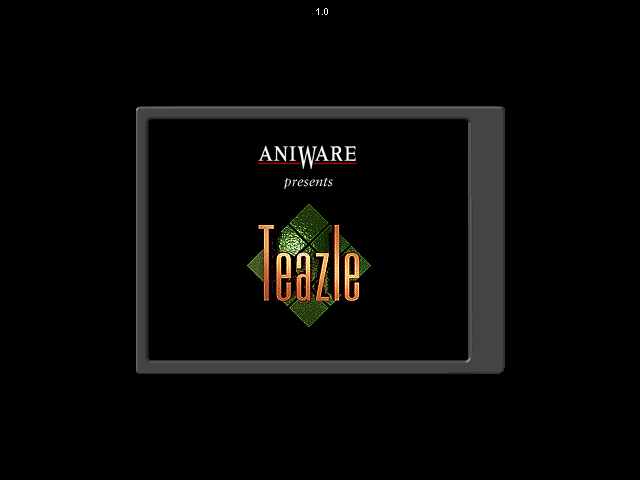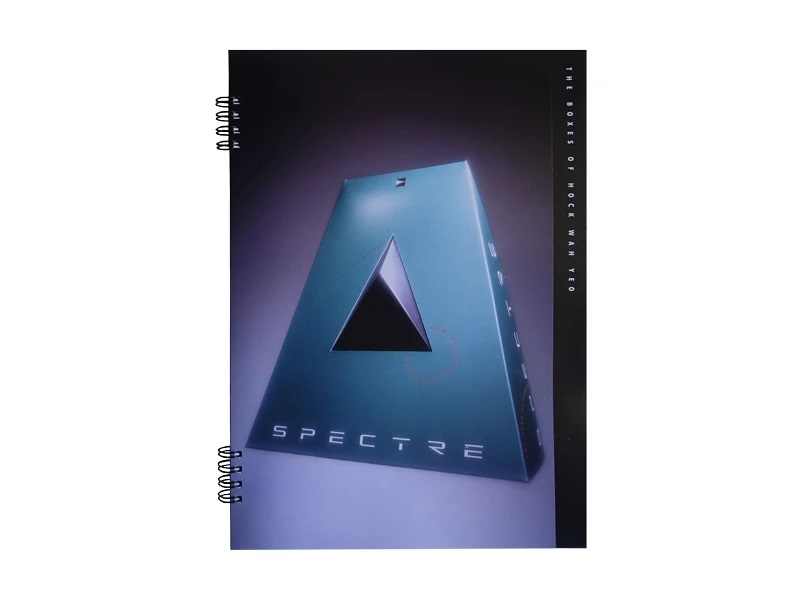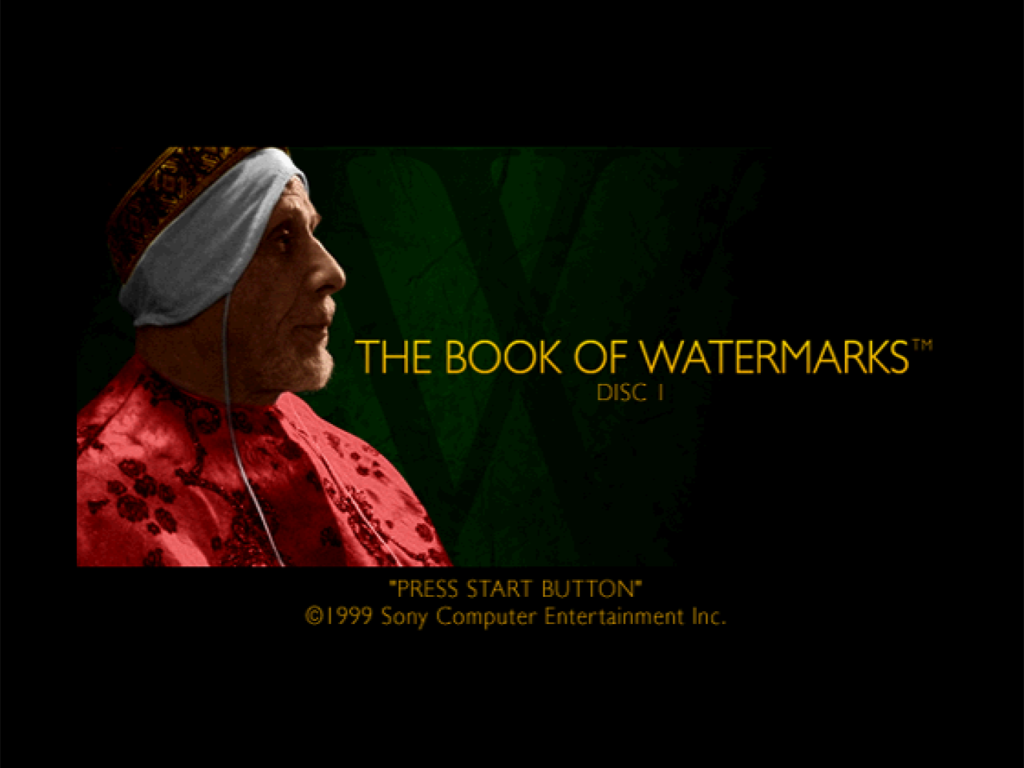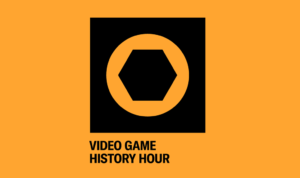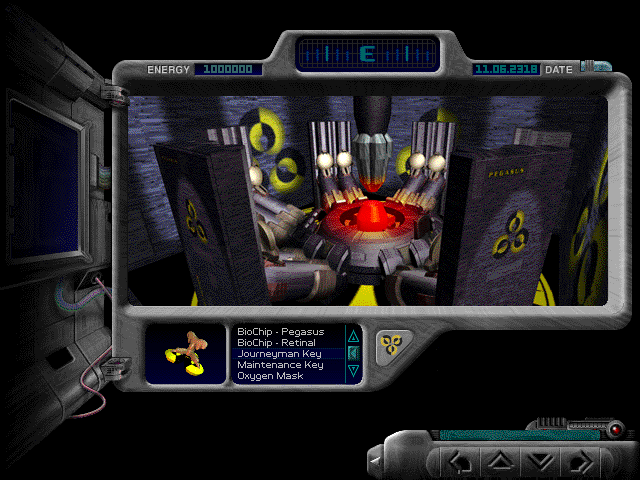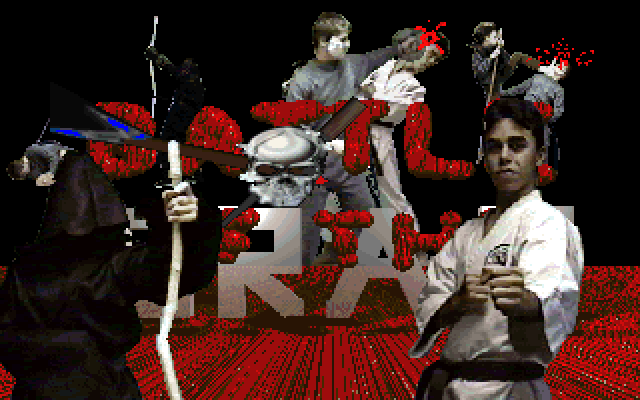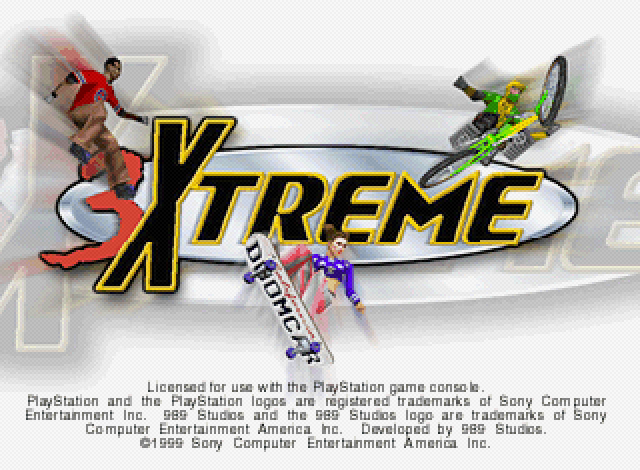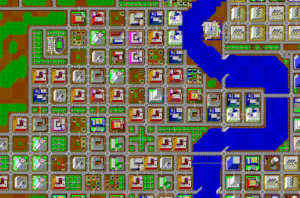Hello there! It’s been a while, huh?
After a couple of chaotic months, I’m finally in a place where I’m able to start writing again. I’ve recently settled into a new home, and while I still have weeks of unpacking and re-arranging ahead of me, I am relieved to have things situated once more. I’ve set up my writing desk in a beautiful well-lit corner of the room, and I feel ready to wind The Obscuritory back up.
My time away from The Obscuritory has helped me realize what I enjoy so much about this blog, and it’s made me grateful for the thoughtful audience I’ve cultivated over the years. I am so glad to be able to write for my own curiosity, and if you’re reading this, I’m guessing you appreciate this stuff for the same reasons too, and I’m glad you’re along for the ride.
The Obscuritory is something I’m proud to do on my own terms. Researching weird old games and writing about them is rewarding for me on a personal level, and as I’m getting back into the writing process, I want this blog to be a more satisfying, balanced part of my life, so I’ll be moving at a purposefully slower pace. It’ll be longer between posts, and I’ll be happier for it, and the fact that I can approach this at my own speed will never stop being a source of joy.
It might still be a few weeks before I can publish the next article, but honestly, I wanted to check in now so that I could keep up the once-a-month posting streak I’ve had going since 2015. In the meantime, there’s a lot of comments and emails to catch up on.
Thanks again for your patience while I’ve taken time off to get myself in order. Like I keep saying, there’s still so much I want to write about, and I’m excited to put virtual pen to virtual paper again. See you here shortly!




